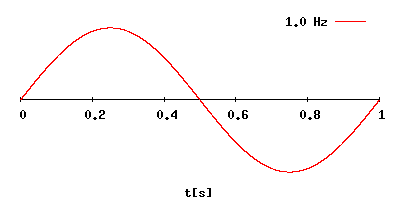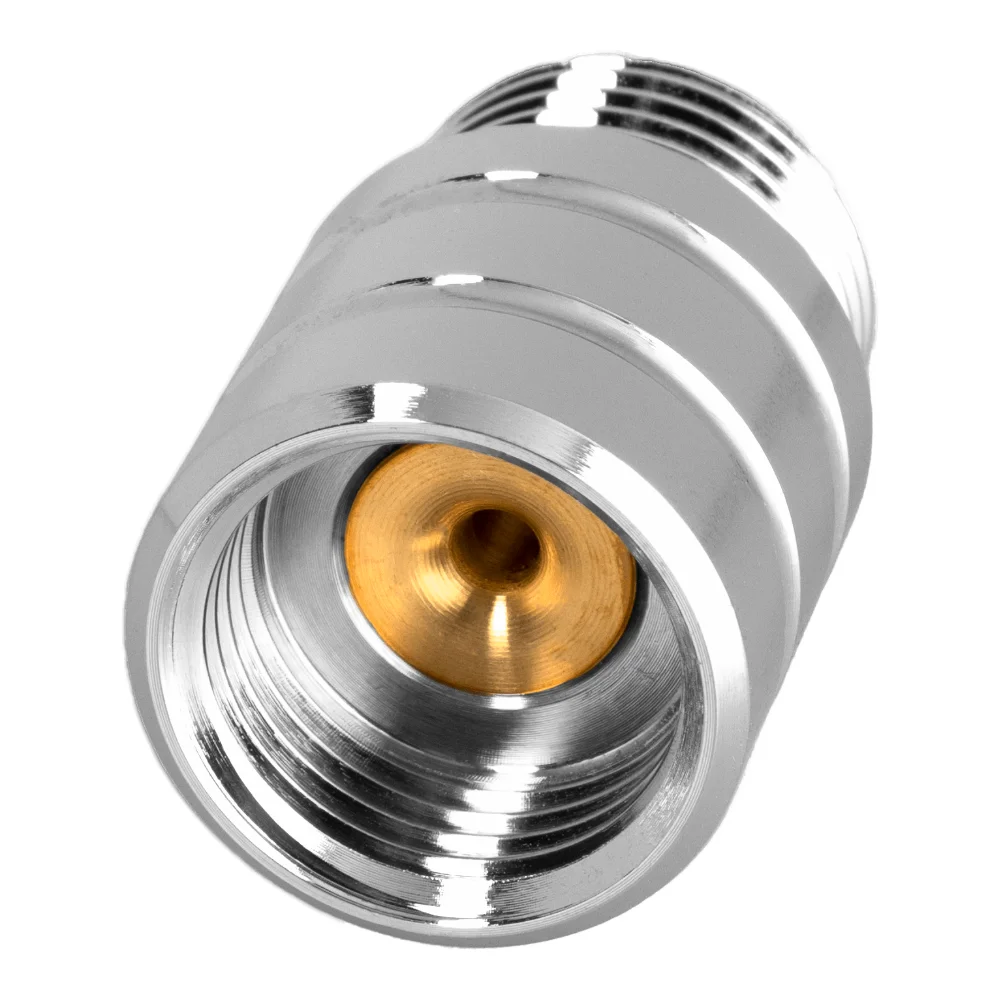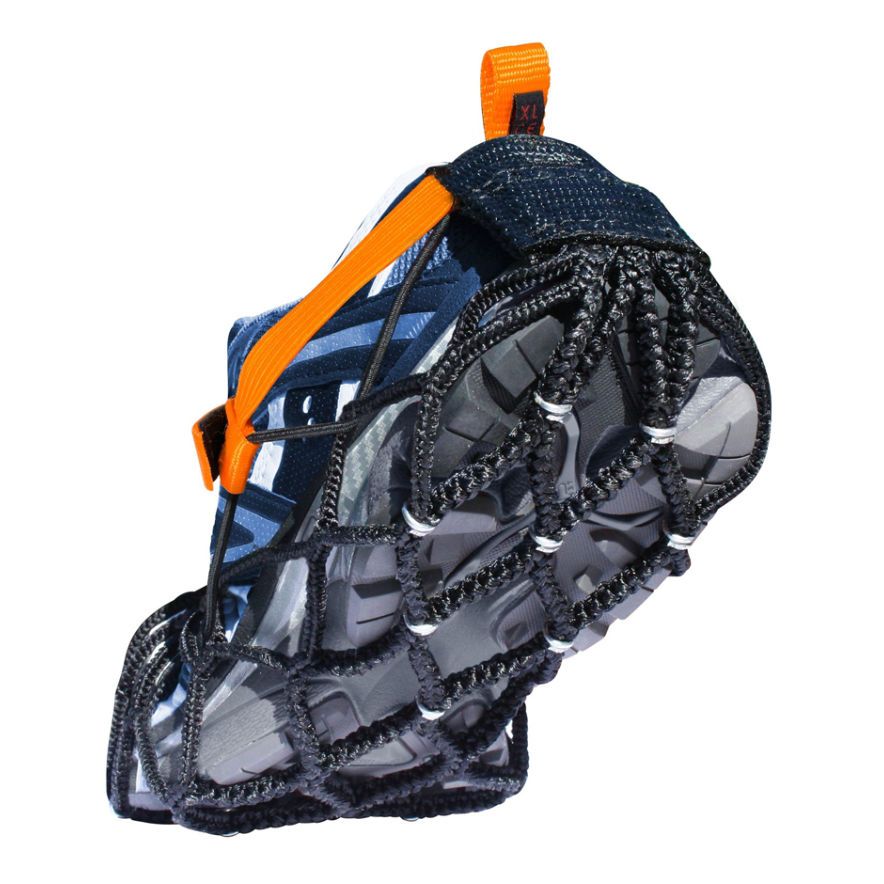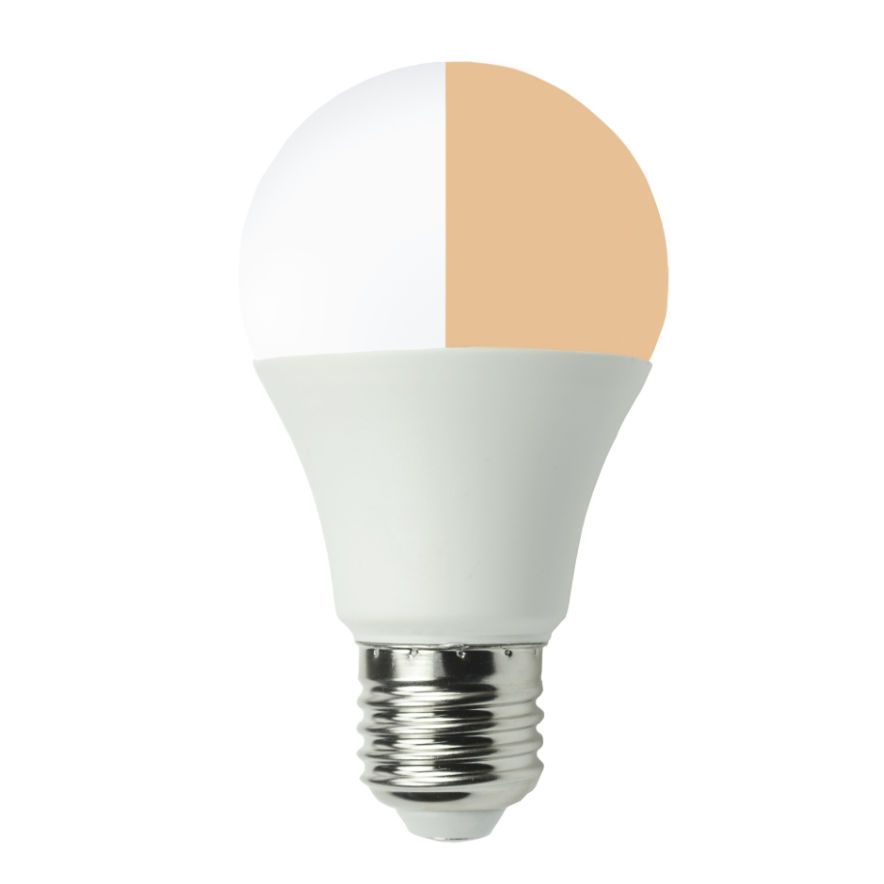Hertz
The Hertz (Hz) is the unit used to measure frequency. Hertz gives the numbers of repeated oscillations (processes) per second.
Below are the most frequently asked questions about hertz:
The Hertz (Hz) is the unit used to measure frequencyFrequency is the number of occurrences of a repeating event per unit of time. It is a physical measurement that is important for describing periodic processes, such as vibrations. More. Hertz gives the numbers of repeated oscillations (processes) per second.
The frequency is Hertz is generally only seen in the technical details of devices that produce electromagnetic fields and radiation. We normally see the abbreviations MHz (megahertz) and GHz (gigahertz).
1 Hz = one vibrationA vibration (also oscillation) is described as a measure that repeats after a determined time interval. More/process per second (1 Hz)
1 MHz = 1 million vibrations/processes per second (1,000,000 Hz)
1 GHz = 1 billion vibrations/processes per second (1,000,000,000 Hz)
Typical, often-used frequencies and Hertz are:
- 60 Hz for the computer monitor (60 images per second)
- 100 to 800 Hz from LCD television (Images per second. 3D technology works at least 200 Hz)
- 1 to 4 GHz for computer processors (processes per second)
- 2 to 5 GHz for mobile radio, mobile Internet, WLAN (electromagnetic vibrations/waves per second)

Hertz in building biology and in practice
If electromagnetic vibrations could be seen in color, people would see nothing other than color. However, modern devices emit GHz frequencies, which means that our body is hit by billions of vibrations per second. Even though the strength of the waves (wattThe watt (W) is the unit of power that it used to determine output. More) makes up the big difference, this is still an unbelievable number, and everyone now has one or two cell phones and WLAN and/or mobile Internet at home. “ElectrosmogElectrosmog is a colloquial term for all emissions from electric, magnetic, and electromagnetic fields. More through electromagnetic radiation” definitely exists!
In geobiologyGeobiology deals with cause studies and shielding technology for restoring and maintaining health. More, we work with mains disconnectors, shieldingShielding is the protection from the effects of external fault zones and environmental influences (on a person's health most of the time). More mesh, and shielding paint to protect from low-frequency (current)Low-frequency (LF) is a technical description of frequencies that are in the range of audible sound waves. More. We use shielding fabric, shielding mesh, and shielding paint to protect from high-frequency (mobile radio, W-LAN, DECT, HSDPA, LTE…).
Hertz explained on Wikipedia






















